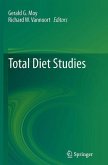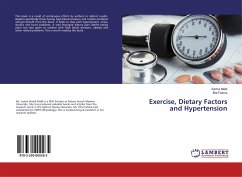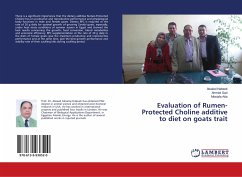The DASH diet (Dietary Approaches to Stop Hypertension) is a diet promoted by the National Heart, Lung, and Blood Institute (part of the NIH, a United States government organization) to control hypertension. A major feature of the plan is limiting intake of sodium, and it also generally encourages the consumption of nuts, whole grains, fish, poultry, fruits and vegetables while lowering the consumption of red meats, sweets, and sugar. It is also "rich in potassium, magnesium, and calcium, as well as protein and fiber." The DASH diet is based on NIH studies that examined three dietary plans and their results. None of the plans were vegetarian, but the DASH plan incorporated more fruits and vegetables, low fat or nonfat dairy, beans, and nuts than the others studied. Not only does the plan emphasize good eating habits, but also suggests healthy alternatives to "junk food" and discourages the consumption of processed foods. The NIH has published a guidebook, "Your Guide to Lowering your Blood Pressure With DASH", which details the nutrition facts of popular mainstream food items and their healthy alternatives.








